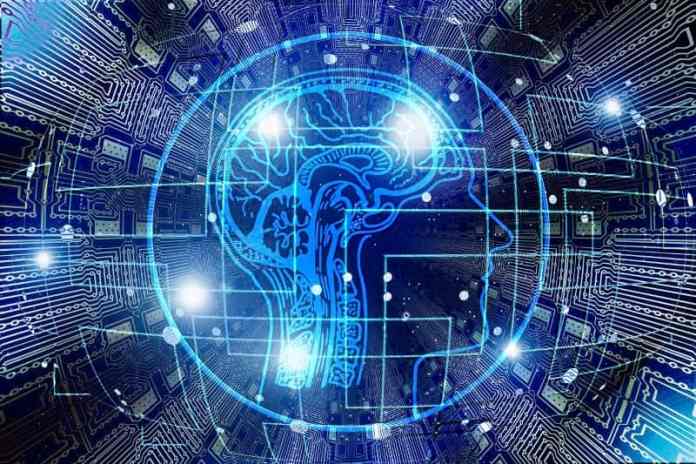Natural Language Processing (NLP) or computational linguistics is the combination of artificial intelligence and linguistics that allows us to talk to machines as if they were human.
NLP powers predictive word suggestions on our mobile devices, voice-activated assistants like Siri, Bixby and Google’s voice search.
NLP is a powerful technology and plays a vital role in the technology many companies produce, including my own AI-driven company, Hiretual.
While the NLP technology we rely on today has proved intuitive on many fronts, NLP has made great strides since its humble beginning 50 years ago.
NLP has come a long way from machine translation – which started in the 1950s trying to break Russian code – and which would be laughable to us now given the vast array of technology available.
Today, families around the world are welcoming virtual additions like Alexa, Siri, and Google into their homes.
More than 47 million U.S. adults now own a smart speaker — a platform wholly dependant on NLP for survival by taking a user’s commands and applying algorithms to decipher the language and formulate responses.
Chatbots are another implementation of NLP on the rise. They rely on NLP technology to formulate appropriate responses to customer questions by analyzing the language typed into the text fields.
Chatbots not only streamline incoming FAQs but also allow customers to access new information or be rerouted to relevant pages almost instantaneously, providing a value proposition on both ends of the communication chain.
Among the industries impacted by AI-based communications, talent acquisition is highly susceptible to significant disruption given its innate people-centric and communicative nature.
NLP plays an essential role in increasing accuracy in candidate matching from large talent pools.
NLP also aids in guiding applicants using chatbots, simplifying scheduling, making accessible job descriptions, intuitive resume pairing and more.
In an AI-driven world, it’s not surprising that NLP impacts nearly all industries.
What’s Next for NLP
Until now, we have interacted with computers in ways they understand, adapting to their language, rather than having them adapt to ours.
But within the past few decades, they have begun to learn our language.
Before long, business transforming, life-changing information will not only be discovered merely by talking with a chatbot but will impact many other parts of our lives.
While it’s certainly exciting to contemplate what’s to come, voice-activated searches and commands can still be frustratingly hit-or-miss.
When they work the way the user would like, it’s because the question can be answered with highly-structured data.
The challenge is identifying which specific structured data to use, how to gather it, and how much of it is necessary to understand and answer a human’s question.
NLP aims to eventually dominate human-to-machine interaction to the point that talking to a machine is as easy as talking to a human.
NLP will continue to harness unstructured data and make it more meaningful to a machine.
Robotics, healthcare, financial services, connected auto, and smart home, are just a handful of the sectors that will continue to be advanced by NLP.
Joining forces with big data, NLP will play a critical role in deriving business intelligence from raw business data, including product data, sales and marketing data, customer support, brand reputation and the current talent pool of an enterprise.
As a result, NLP will be the key to shifting many legacy companies from data-driven to intelligence-driven platforms, helping humanity to glean the insights they need to make decisions quickly.
NLP has changed the way we interact with computers and machines. What started as complicated, handwritten formulas is now a streamlined set of algorithms powered by AI.
NLP technologies will be the underlying force for transformation from data-driven to intelligence-driven endeavors, as they shape and improve communication technology in the years to come.




















